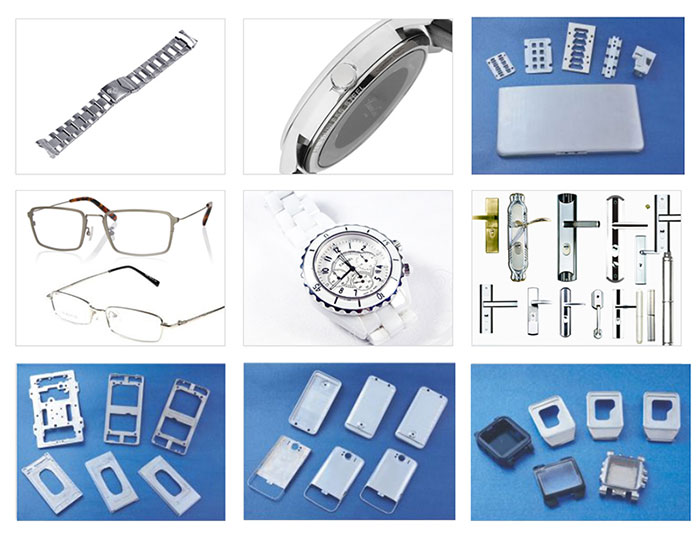Consistent pressure or force: The hydraulic press can provide full tonnage at any position on the stroke. On the other hand, mechanical presses require the operator to calculate the position where the part needs to be placed if the entire machine tonnage is required.
Ability to change the stroke length requirements of each part: The mechanical press needs to use the entire stroke each time, which can be a time-consuming process. When using a hydraulic press, the stroke length can be set to a partial stroke. When using progressive (moving) molds on mechanical presses, you must be more careful than when using hydraulic presses.
Free-fall system: The slider on the hydraulic press solution can "free-fall" during the approach, which allows the operator to increase the number of strokes per minute. During "free fall", the machine's slider will loosen, and gravity will slide it down to its predetermined position. By using gravity, operators can speed up production.
Foraging machinery that requires renewal, it is usually cheaper to rebuild or refurbish a hydraulic press than the cost of rebuilding a mechanical press.
The hydraulic press can be more customized and has the ability to handle various tonnages. Alternatively, mechanical presses are usually one size per ton. The industry that most often uses hydraulic presses.

Choose professional, choose Delishi. And we promise, all professional case will be replied within 24 hours.


 +86-769-8306-1993
+86-769-8306-1993
 E-mail
E-mail
